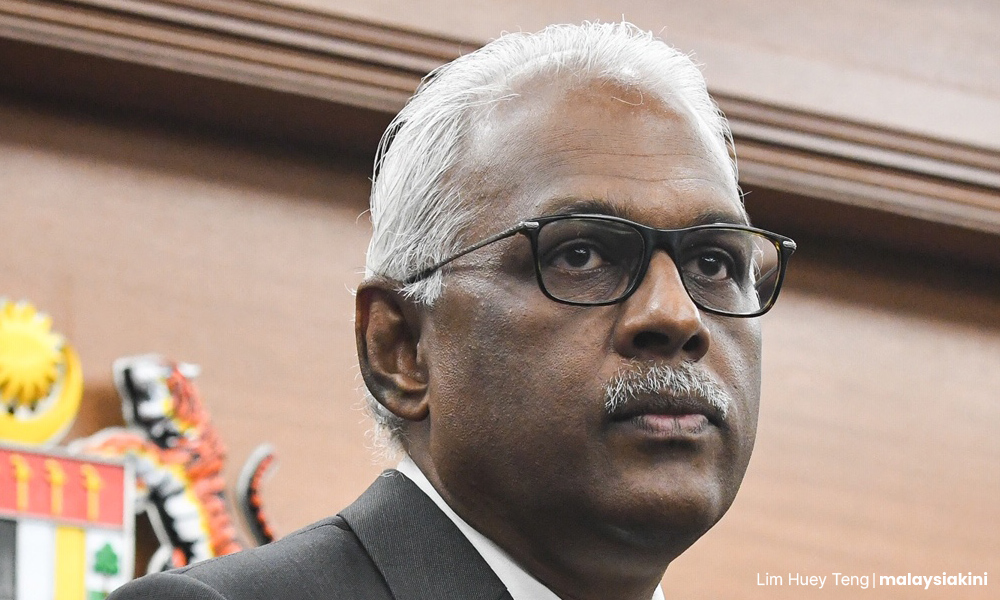Asean Parliamentarians for Human Rights (APHR) has welcomed the appointment of Thailand’s 30th prime minister, Srettha Thavisin, after an extended period of delays following the country’s general elections in May 2023.
At the same time, the coalition has struck a note of caution over the Thai military's role in impeding the formation of a reformist government despite the recent election results.
"We urge Srettha's leadership to fulfil his promise of change after years of democratic deterioration and human rights violations. We also remain deeply concerned with the systemic problems that are entrenched within Thailand’s current political and legal frameworks.
"These problems not only hinder the full representation of the people’s will but they have been used time and again to curtail fundamental freedoms," said APHR co-chairperson Charles Santiago in a statement today.
Thailand has experienced numerous military coups and dictatorships in its history, and the military regime of outgoing premier Prayut Chan-o-cha had implemented a constitution that allowed the military and its friends to circumvent the appointment of the Move Forward party's nominee Pita Limjaroenrat.
The progressive Move Forward was the surprise winner of the May 14 election, closely followed by the Pheu Thai Party, after the two trounced conservative parties in a resounding rejection of nine years of government led or backed by the military. However, their alliance collapsed after Limjaroenrat’s prime ministerial bid was twice rejected due to military influence.

“It is concerning that the current system in Thailand permitted the largest winning political party in the elections to be excluded from the ruling coalition.
"The lopsidedness of the system appears to be the biggest factor and therefore comprehensive reforms need to take place to change the status quo.
"Crucial to this is the full review of the current junta-drafted constitution wherein any amendments made should be towards paving the way for Thailand to fully embody democracy, one that actively champions and safeguards human rights for all,” said Charles.
Institute reforms
In its present form, the Thai constitution has a bicameral Parliament, with a 250-person Senate that is effectively appointed by the Royal Thai Military. Any attempt to amend the Constitution requires the backing of at least one-third of all senators.
"Regrettably, the military’s prominent role and influence in Thai politics eroded the nation’s democratic fabric. Thailand has experienced numerous coups in the past decades, disrupting elected governments to the detriment of its people.
“Under military rule for five years from 2014 to 2019 and a military-dominated government thereafter, draconian measures have been used to suppress freedoms of expression, assembly, and association.
"These led to massive demonstrations from 2020 to 2021. Clearly, in the recent polls, an overwhelming majority of voters voiced their disapproval of the military through the ballots.
“The new government should not waste time in instituting reforms to realise the aspirations of the people. Key on the agenda should be the restoration and rebuilding of democracy and its institutions, putting an end to the role of the military in politics, addressing economic inequalities, and providing redress to all injustices committed against the people,” said Charles.
He warned that the years of political instability in the country have directly impacted the expansion of the wealth gap in Southeast Asia’s second-largest economy with a concentration of wealth remaining in the hands of the few and powerful, further marginalising the already disadvantaged. - Mkini



No comments:
Post a Comment
Note: Only a member of this blog may post a comment.